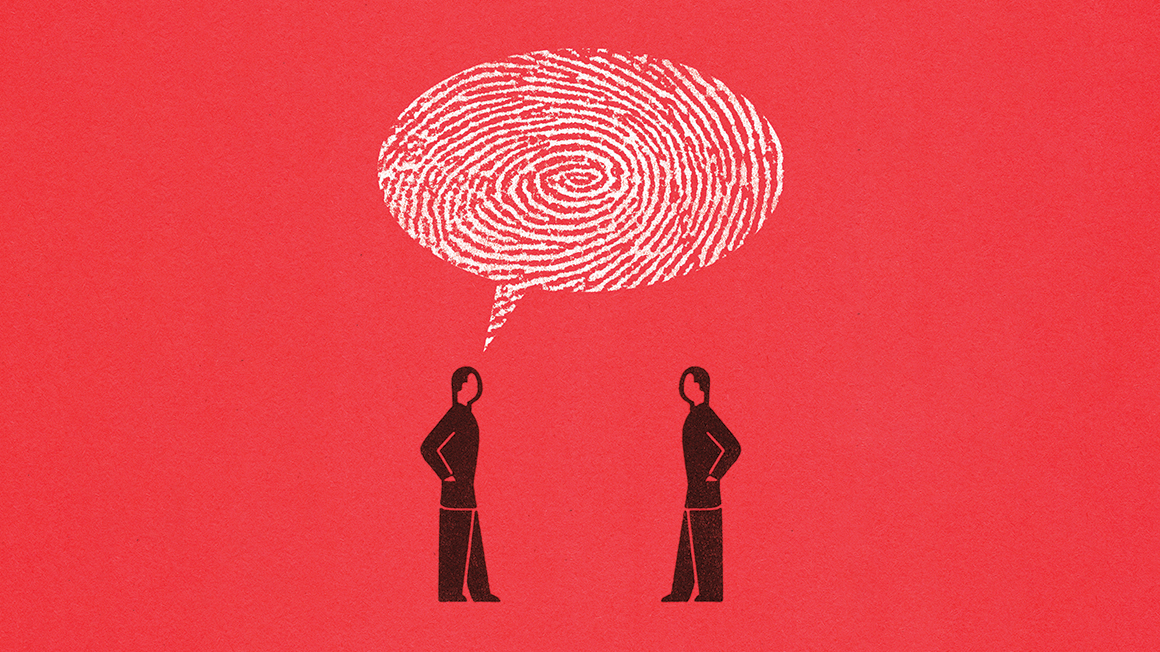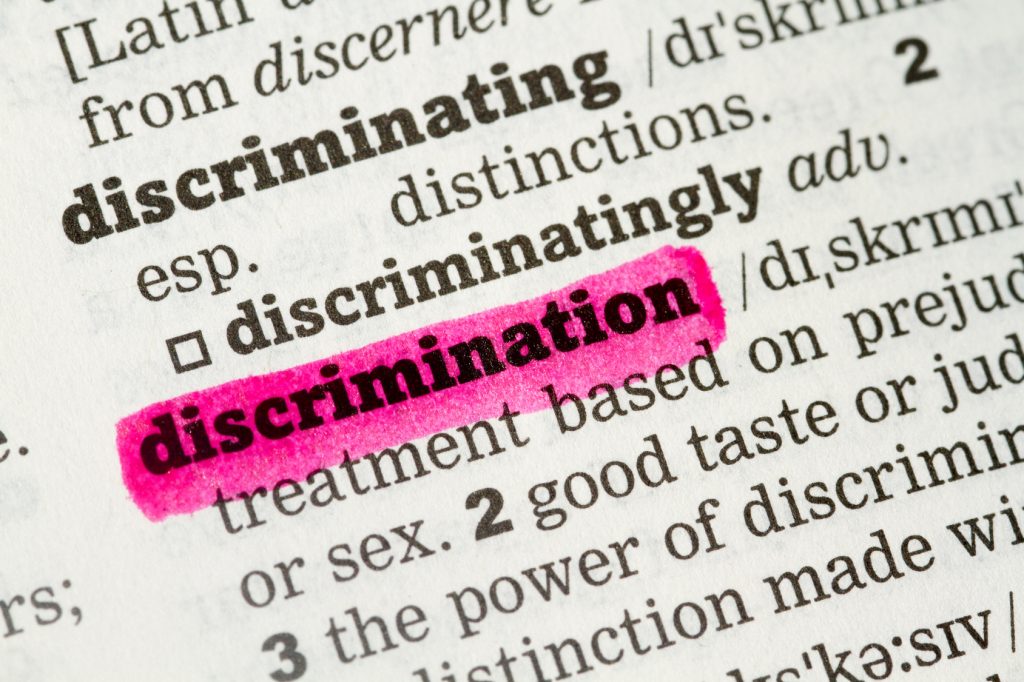By Pantelis Simotas,
Language is more than just a tool for communication; it is a powerful social marker that shapes identity, culture, and perceptions of power. Throughout history, language has been both a bridge and a barrier, connecting communities while also reinforcing divisions. One of the most insidious ways language has been used is as a tool for discrimination, particularly in the form of linguistic racism. Linguistic discrimination, or linguicism, refers to the unfair treatment of individuals based on their language, dialect, or accent. When combined with racial prejudices, this form of discrimination can entrench social hierarchies and deepen inequalities globally.
Racism and linguistic discrimination are often intertwined, as language is frequently associated with specific racial or ethnic groups. This intersection can be seen in many parts of the world where the language one speaks—or the way one speaks it—can determine their social status, access to opportunities, and even their perceived intelligence or worth.
In countries with colonial histories, such as those in Africa, Asia, and the Americas, the languages of the colonizers often became the dominant or official languages, while indigenous languages were marginalized. This marginalization was not just linguistic but also cultural and social. Speaking the colonizer’s language was often equated with modernity, education, and success, while indigenous languages were associated with backwardness and primitiveness. This created a hierarchy where those who spoke the dominant language, usually European, were afforded more privileges and opportunities. For example, in many African countries, proficiency in English or French is often a prerequisite for accessing higher education, government positions, and lucrative jobs. This perpetuates a system where those who grow up speaking these languages have a significant advantage over those who speak indigenous languages. The result is a form of linguistic racism where language becomes a proxy for race, reinforcing existing racial and ethnic hierarchies.

Linguistic discrimination is not confined to the Global South. In the Global North, especially in multicultural and immigrant-rich societies, language continues to play a crucial role in maintaining social hierarchies. In the United States, for instance, the ability to speak English, and particularly the ability to speak it without a foreign accent, is often linked to one’s social and economic status. Non-native English speakers, especially those from non-European backgrounds, frequently face discrimination in various aspects of life, including employment, housing, and education. Accents, in particular, can be a significant source of bias. People with foreign accents are often perceived as less competent or less intelligent, regardless of their actual skills or qualifications. This bias is a clear example of how linguistic discrimination intersects with racism, as accents are often associated with specific racial or ethnic groups.
Moreover, certain dialects of English, such as African American Vernacular English (AAVE), are often stigmatized and viewed as less legitimate or inferior to Standard American English. This stigmatization is deeply rooted in racial prejudices and contributes to the marginalization of African American communities. The idea that there is a “correct” way to speak English, and that deviations from this norm are inferior, serves to reinforce racial and social hierarchies.
Linguistic racism is a global phenomenon with far-reaching consequences. It can lead to the erosion of cultural identities, as marginalized communities may feel pressured to abandon their native languages in favor of the dominant language to avoid discrimination. This loss of language is not just a loss of communication but also a loss of culture, history, and identity. Furthermore, linguistic discrimination can have significant economic impacts. In many countries, fluency in the dominant language is a key determinant of economic success. Those who speak a marginalized language may have limited access to education, employment, and other opportunities, perpetuating cycles of poverty and inequality.

In some cases, linguistic racism has even been institutionalized. For example, in some countries, laws and policies have been implemented that restrict the use of minority languages in public spaces, education, and government. These policies not only marginalize minority language speakers but also send a clear message that their languages, and by extension their cultures, are less valuable or legitimate.
Addressing linguistic discrimination requires a multifaceted approach. Education plays a crucial role in challenging prejudices and promoting linguistic diversity. Schools and educational institutions should value and teach multiple languages, fostering an environment where all languages are seen as equally important and valuable. Moreover, governments and organizations should implement policies that protect linguistic diversity and promote the use of minority languages in public life. This includes ensuring that public services are accessible in multiple languages and that minority language speakers are not disadvantaged in accessing opportunities.
Finally, challenging linguistic discrimination requires a shift in societal attitudes. This involves recognizing the deep connections between language, identity, and power, and challenging the idea that some languages or dialects are inherently superior to others. By embracing linguistic diversity, societies can become more inclusive, equitable, and just.
Language is a powerful tool that can either bridge divides or reinforce them. When used as a means of discrimination, language becomes a potent weapon for maintaining social hierarchies and deepening inequalities. By understanding the ways in which linguistic racism operates, and by taking steps to challenge it, we can work towards a world where all languages, and the people who speak them, are valued and respected.
References
- Lippi-Green, R. (2012). “English with an Accent: Language, Ideology, and Discrimination in the United States”. Routledge.
- Skutnabb-Kangas, T. (2000). “Linguistic Genocide in Education or Worldwide Diversity and Human Rights?. Lawrence Erlbaum Associates.
- Wee, L. (2016). “Language without Rights”. Oxford University Press.




